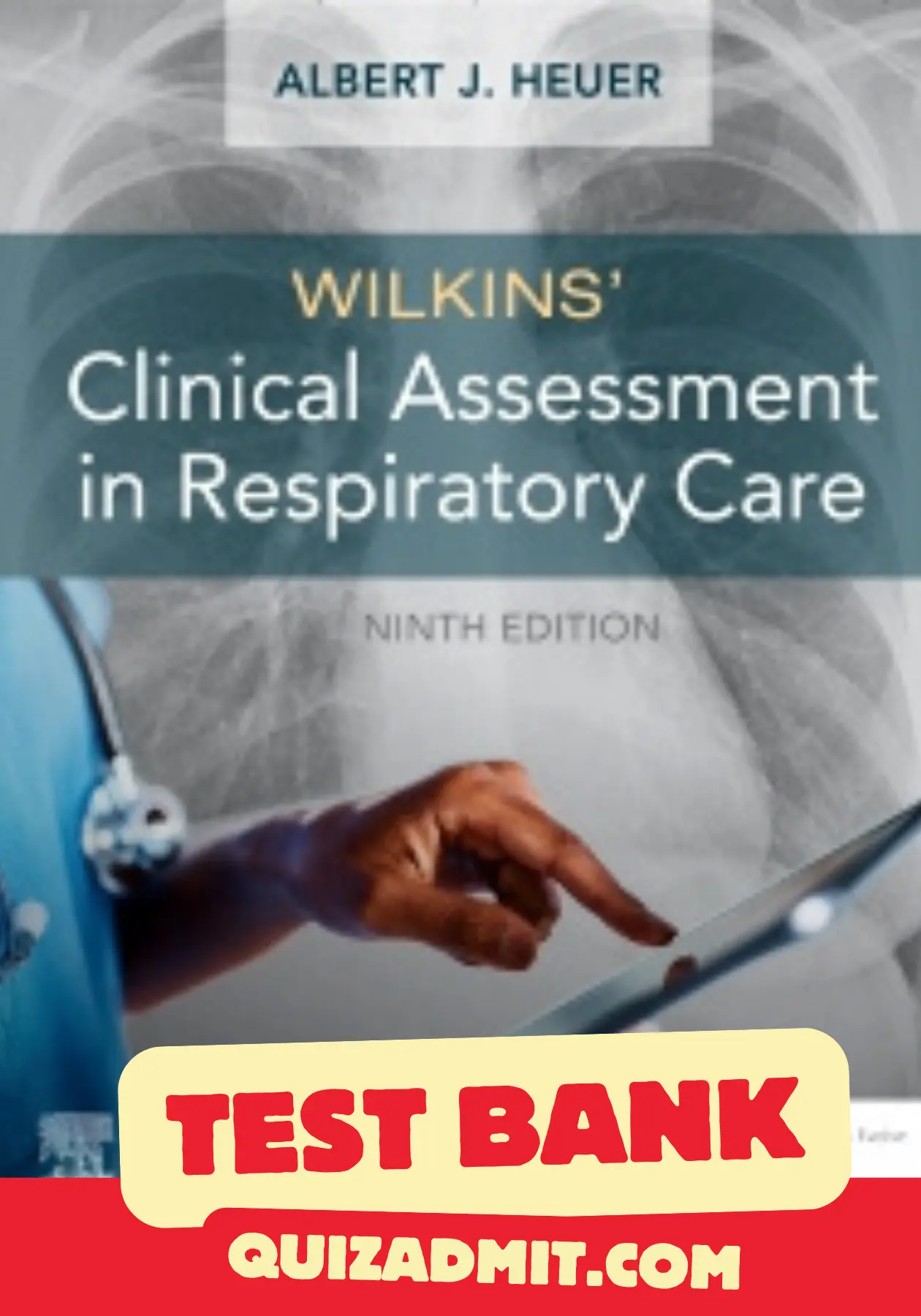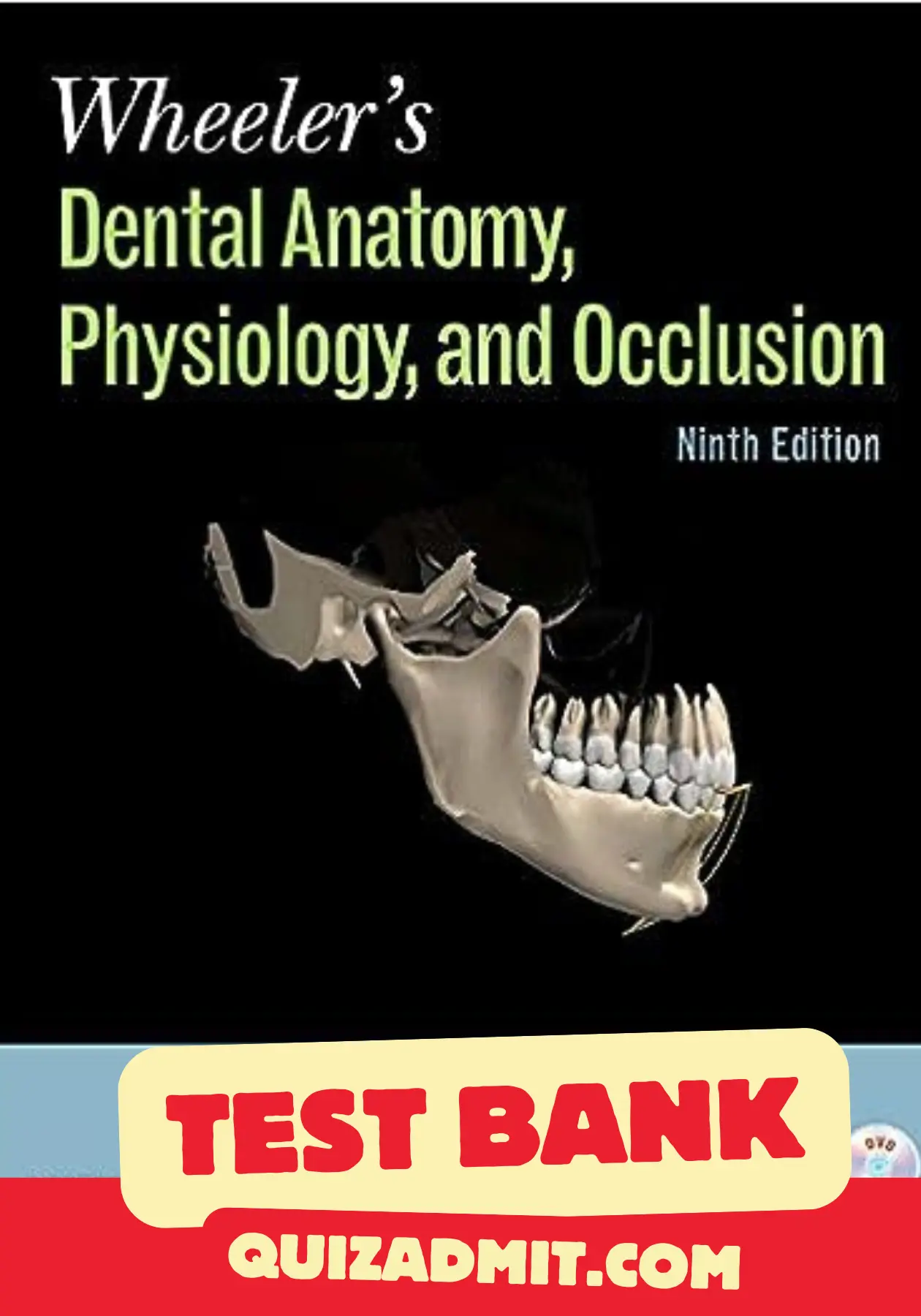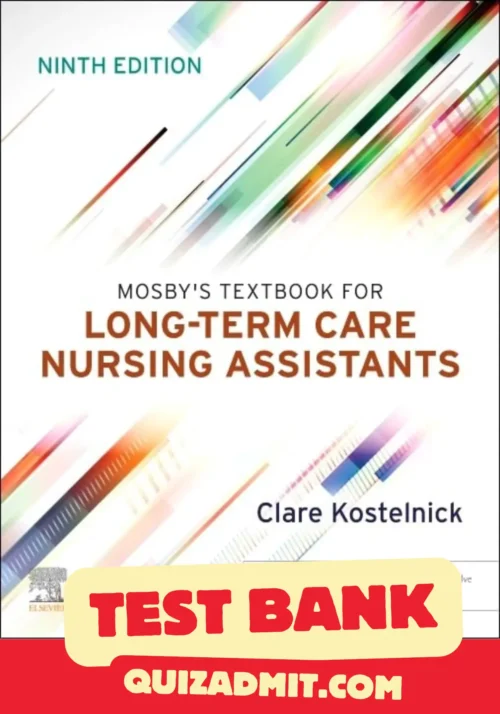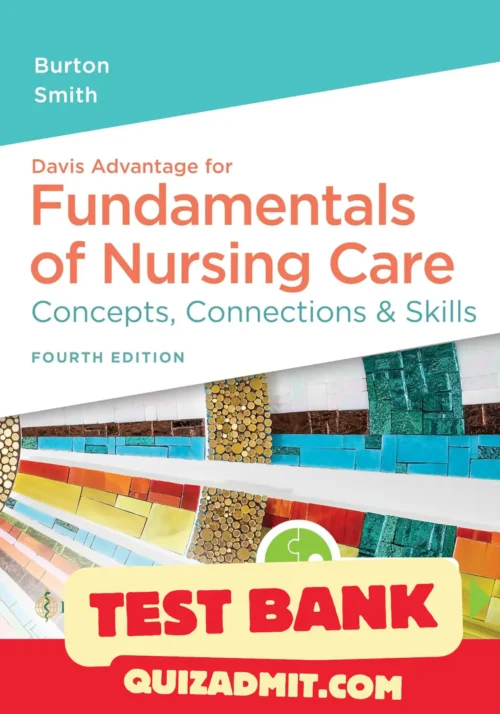Ready to Take Your Nursing Skills Further?
Explore our resources to find expert nursing test bank materials, practice questions, and essential study tips. Unlock your potential and approach your exams with confidence.
Enhance your learning experience and get the support you need for success in nursing.
Enhance your learning experience and get the support you need for success in nursing.
-
Mosby’s Textbook for Long-Term Care Nursing Assistant Test Bank Ultimate 9th Edition
Original price was: $59.00.$23.99Current price is: $23.99. -
Priorities in Critical Care Nursing Test Bank 9th Edition
Original price was: $59.00.$23.99Current price is: $23.99.









